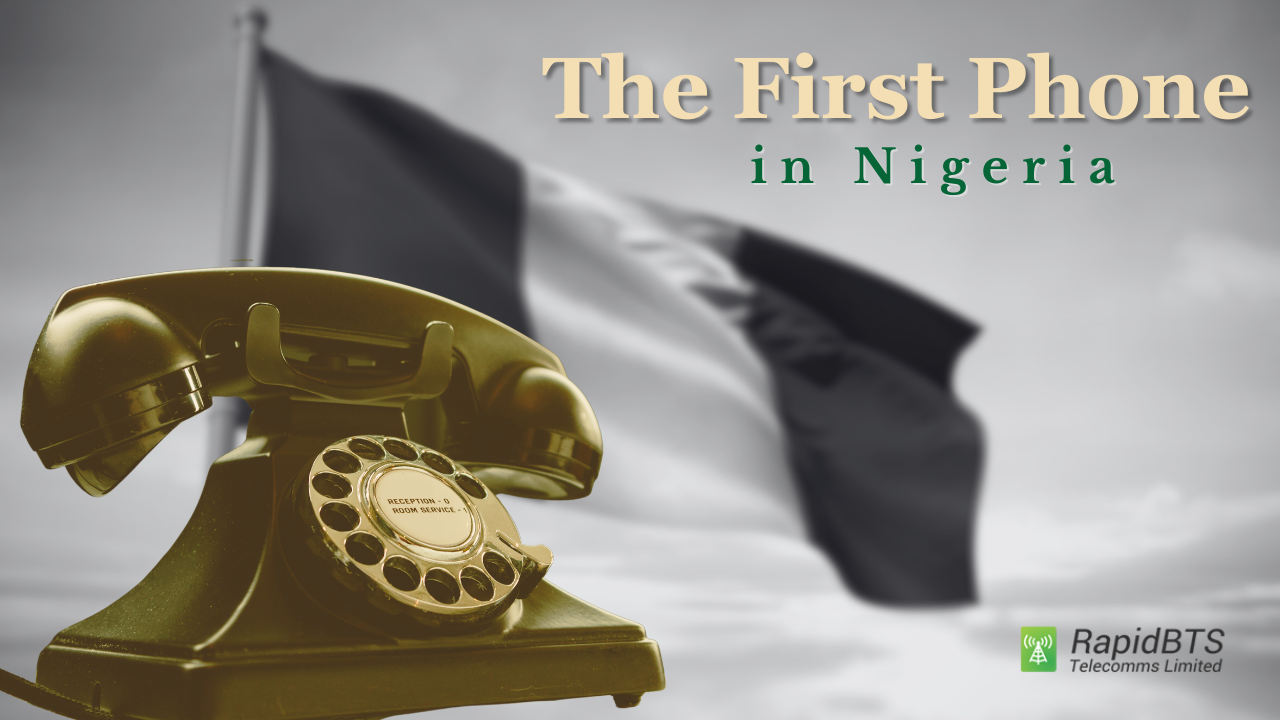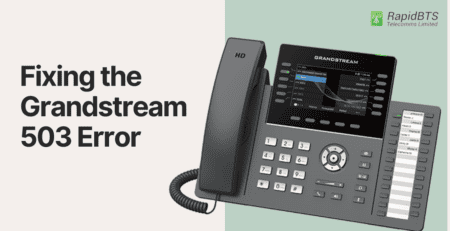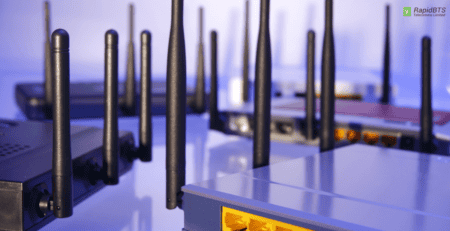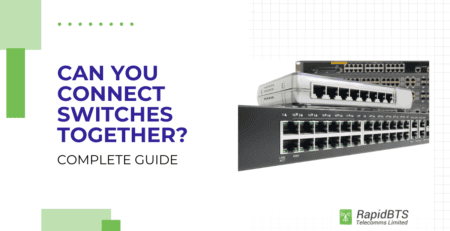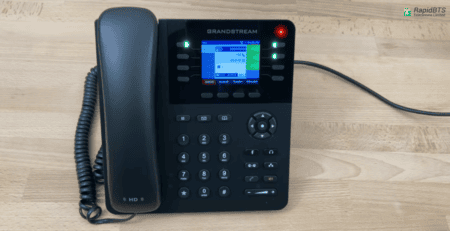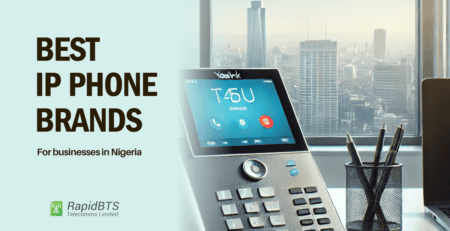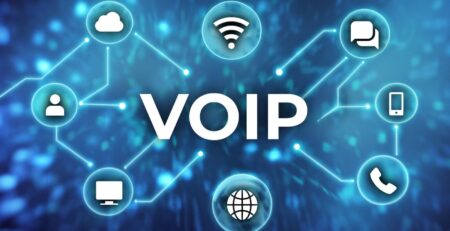First Phone in Nigeria: A Historic Milestone and Its Evolution
In 1886, colonial Lagos witnessed a technological marvel that would forever change Nigeria’s communication landscape.
The first telephone service in Nigeria wasn’t a mobile phone as we know it today, but rather a simple telephony system installed by the British colonial administration to connect the Governor’s Office to various colonial departments.
Key Takeaways
- First Telephone Installation: 1886 in colonial Lagos, connecting government offices
- First Phone Call: Made by Lord Frederick Lugard in 1920, connecting Lagos to London
- First GSM Call: Made by ECONET (now Airtel) on May 6, 2001
- First Indigenous Operator: Globacom, launched in 2003
The First Call and Early Days
The distinction of making the first telephone call in Nigeria belongs to Lord Frederick Lugard, who served as the Governor-General of Nigeria.
In 1920, during the colonial period, he used the telephone system to coordinate administrative activities between Lagos and London. This marked the beginning of Nigeria’s telecommunication journey, though the service was initially restricted to government officials and wealthy merchants.
Evolution of Telecommunications (1960-1999)
After gaining independence in 1960, Nigeria established the Nigerian External Telecommunications (NET) Limited and the Department of Posts and Telecommunications (P&T) to manage the country’s growing telecommunication needs. In 1985, these services were merged to form NITEL (Nigerian Telecommunications Limited).
Throughout this period, fixed-line telephones were the primary means of telecommunication, though they were scarce and often unreliable. By 1999, Nigeria had only about 400,000 connected telephone lines serving a population of nearly 120 million people.
The Mobile Revolution (2001-Present)
The real telecommunications revolution in Nigeria began in 2001 when the government, under President Olusegun Obasanjo’s administration, deregulated the telecommunications sector. This led to the auction of GSM licenses to private operators:
- ECONET (now Airtel) made history by completing the first GSM call in Nigeria on May 6, 2001
- MTN Nigeria followed shortly after
- Globacom joined in 2003 as the first indigenous mobile operator
First Mobile Phones in Nigeria
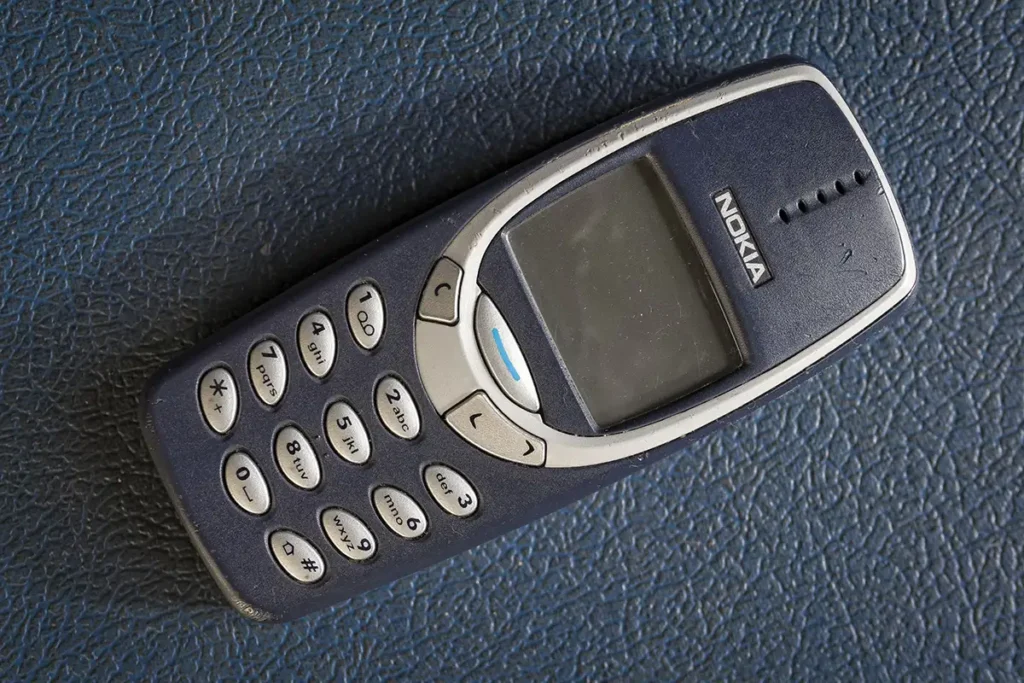
The first mobile phones to enter the Nigerian market were basic GSM phones, with the Nokia 3310 being one of the most popular models. These early devices offered simple features like calls, SMS, and the famous “Snake” game.
Android’s Arrival
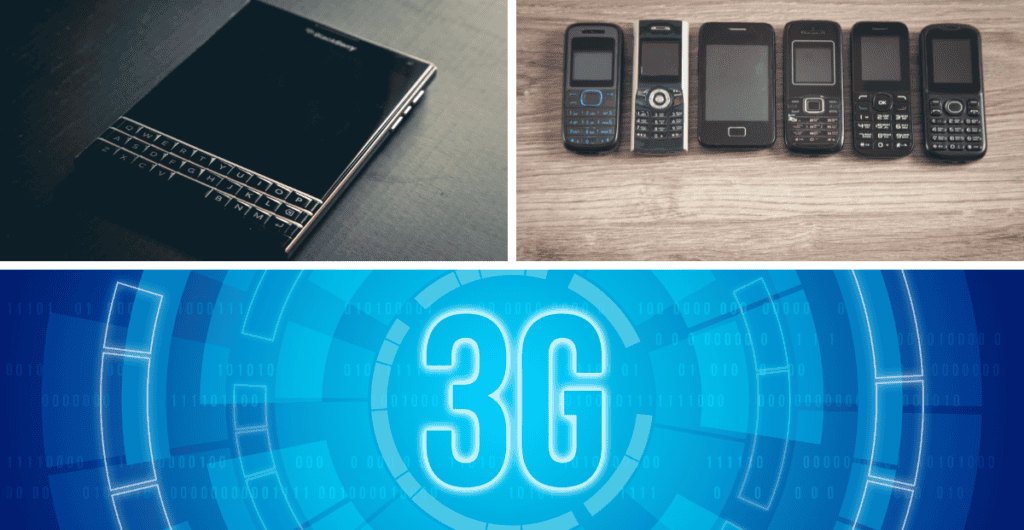
The first Android phones arrived in Nigeria around 2009, with Samsung leading the charge through its Galaxy series. However, it wasn’t until 2010-2011 that Android phones became widely available, coinciding with:
- The rise of BlackBerry phones among urban professionals
- The emergence of more affordable Chinese brands
- The introduction of 3G services by major operators
Impact and Transformation
Today, Nigeria has grown to become Africa’s largest telecommunications market with:
- Over 200 million mobile subscribers
- 80% mobile penetration rate
- A thriving digital economy worth billions of dollars
The introduction of mobile phones has revolutionized various sectors:
- Banking (Mobile banking and fintech)
- Education (E-learning platforms)
- Healthcare (Telemedicine)
- Agriculture (Farmer information systems)
- Entertainment (Mobile streaming services)
Looking Forward
From that first colonial telephone line in 1886 to today’s sophisticated 5G networks, Nigeria’s telecommunication journey reflects the country’s rapid technological advancement. The sector continues to evolve, with innovations in:
- 5G technology deployment
- Internet of Things (IoT)
- Artificial Intelligence integration
- Voice-over-IP Technology
- Digital financial services
This transformation from basic telephony to advanced mobile communications has positioned Nigeria as a leader in Africa’s digital revolution, creating countless opportunities for its young, tech-savvy population.
Conclusion
Nigeria, a country known for its rich cultural heritage and diverse population, has always been at the forefront of embracing technological advancements. In the early 2000s, introducing Nigeria’s first phone marked a significant milestone in the nation’s history. This groundbreaking innovation revolutionised communication and paved the way for a new era of connectivity and progress.
The introduction of Nigeria’s first phone brought about a paradigm shift in how Nigerians communicated and conducted business. It empowered individuals, small businesses, and large corporations to connect and collaborate in previously unimaginable ways. The accessibility of communication through the first phone transcended geographical boundaries, enabling seamless interaction and information exchange across the country.
Need a cheap desk phone for home or business use? Browse our collections or contact us for personalized solutions.

